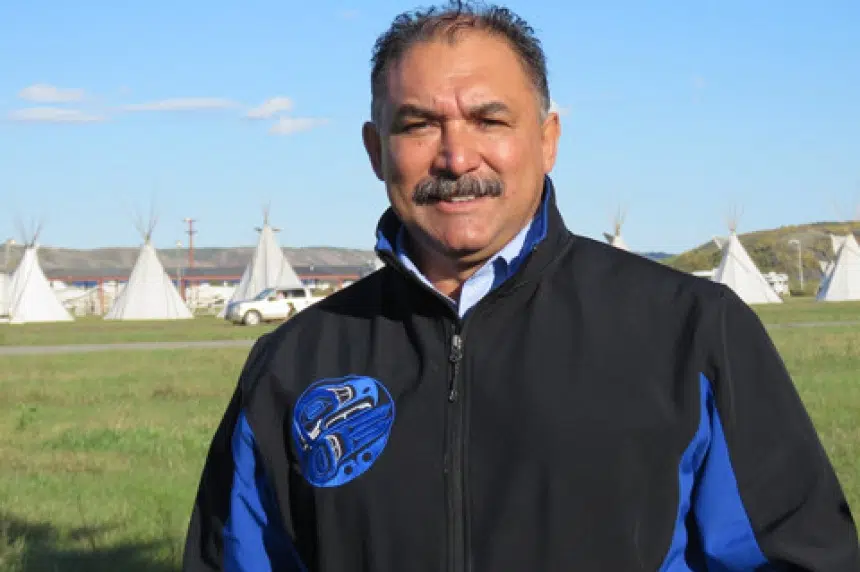Saskatchewan’s First Nations leadership is concerned a new, single provincial health authority will leave indigenous people with even less control over their health care.
Robert Merasty, vice-chief in charge of health with the Federation of Sovereign Indigenous Nations (FSIN), said he had hoped dismantling the province’s 12 current health regions would be an opportunity for change.
“We’ve had a healthcare system that was not designed for our people. But that has absolutely failed our people miserably,” he said.
Merasty said the FSIN wants to see First Nations develop their own healthcare system.
“For the First Nations and indigenous people of Saskatchewan – and for Canada for that matter – we need a healthcare system designed by our people and for our people,” he said.
The province is amalgamating the health regions based on a report from a three-member panel that criss-crossed Saskatchewan consulting stakeholders.
Merasty said he was left less-than-impressed when he met with the members in his office. He said one of the panel members outright rejected the notion that the Prince Albert Grand Council (PAGC) could develop its own hospital in Prince Albert.
“It was very difficult for me not to ask her to leave my office when she said, ‘Well, we don’t think First Nations or PAGC should have their own hospital,’” he said.
Merasty said it felt like the panel was more interested in relaying its decisions than actually engaging in a dialogue.
“We don’t consider it engagement or consultation. They had their marching orders,” he said.
Merasty said it appears the amalgamation effort focused more on cost-cutting than providing quality care to indigenous people.
“We know that resources are an issue and we know, let’s be honest: Brad Wall said they’re putting some measures in place to deal with a $1-billion deficit. And then two, three days later, they’re announcing this one health authority,” he said.
Merasty said the FSIN wants to sit down with the province and the federal government to come up with a better plan.
In the meantime, he said the FSIN would work with whatever health authority is in place to try and improve the health of indigenous people.
“The door’s not closed. We will certainly try our best to work with one health authority. But it’s going to be a challenge,” he said.











